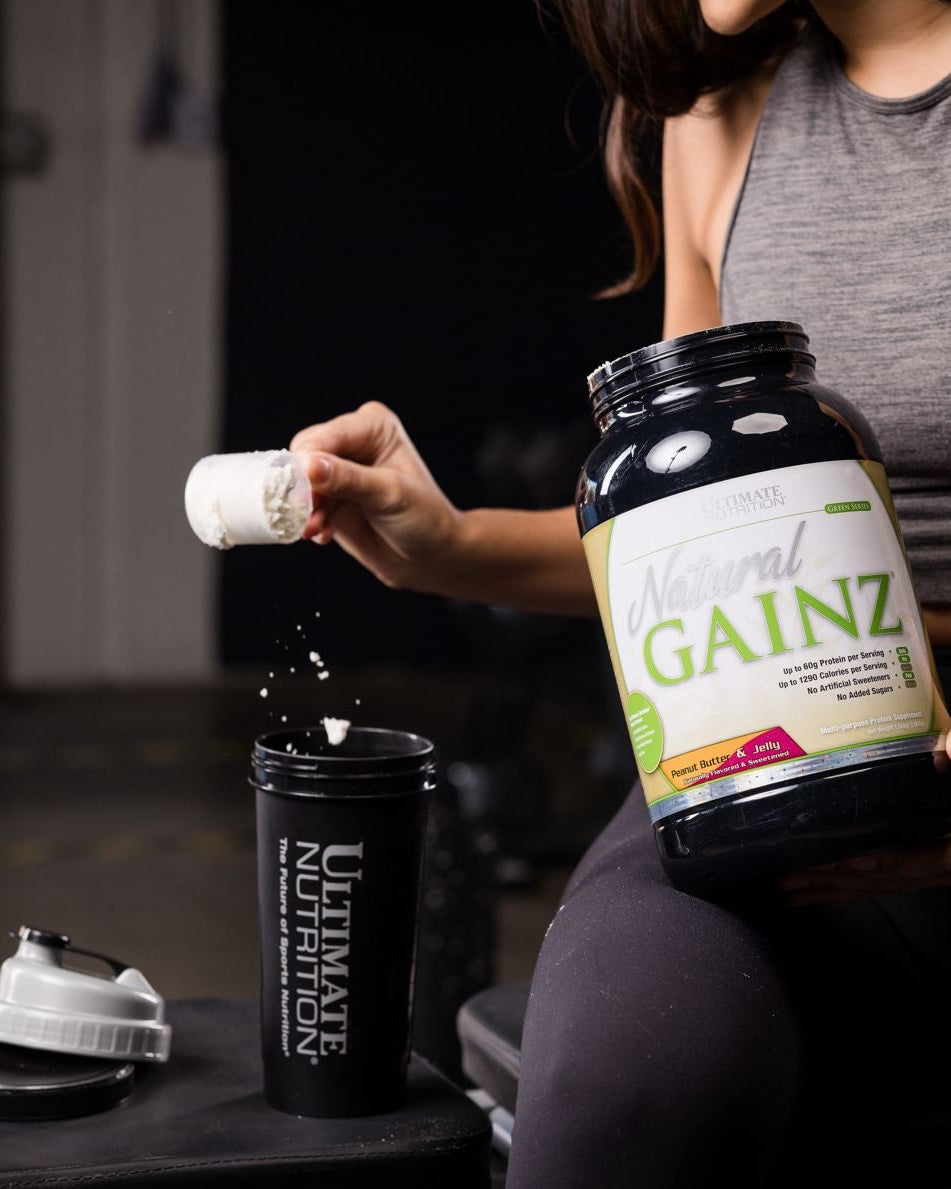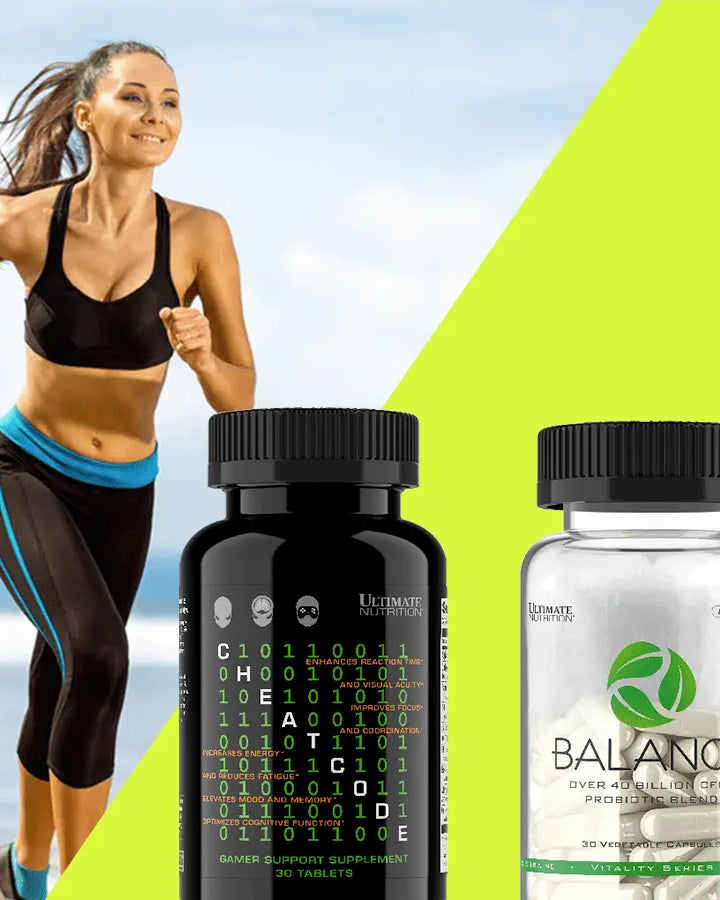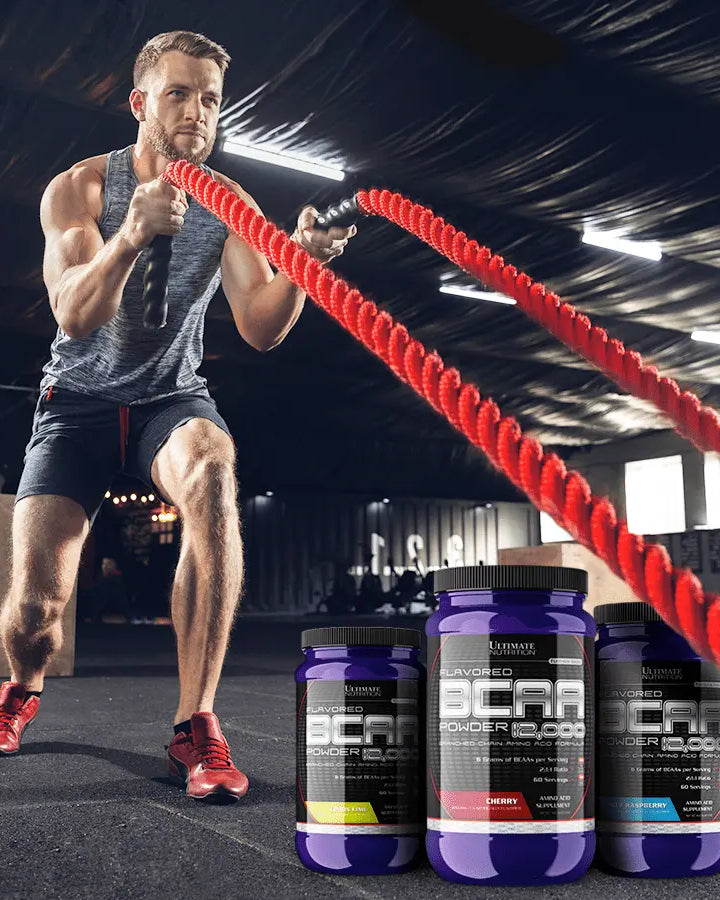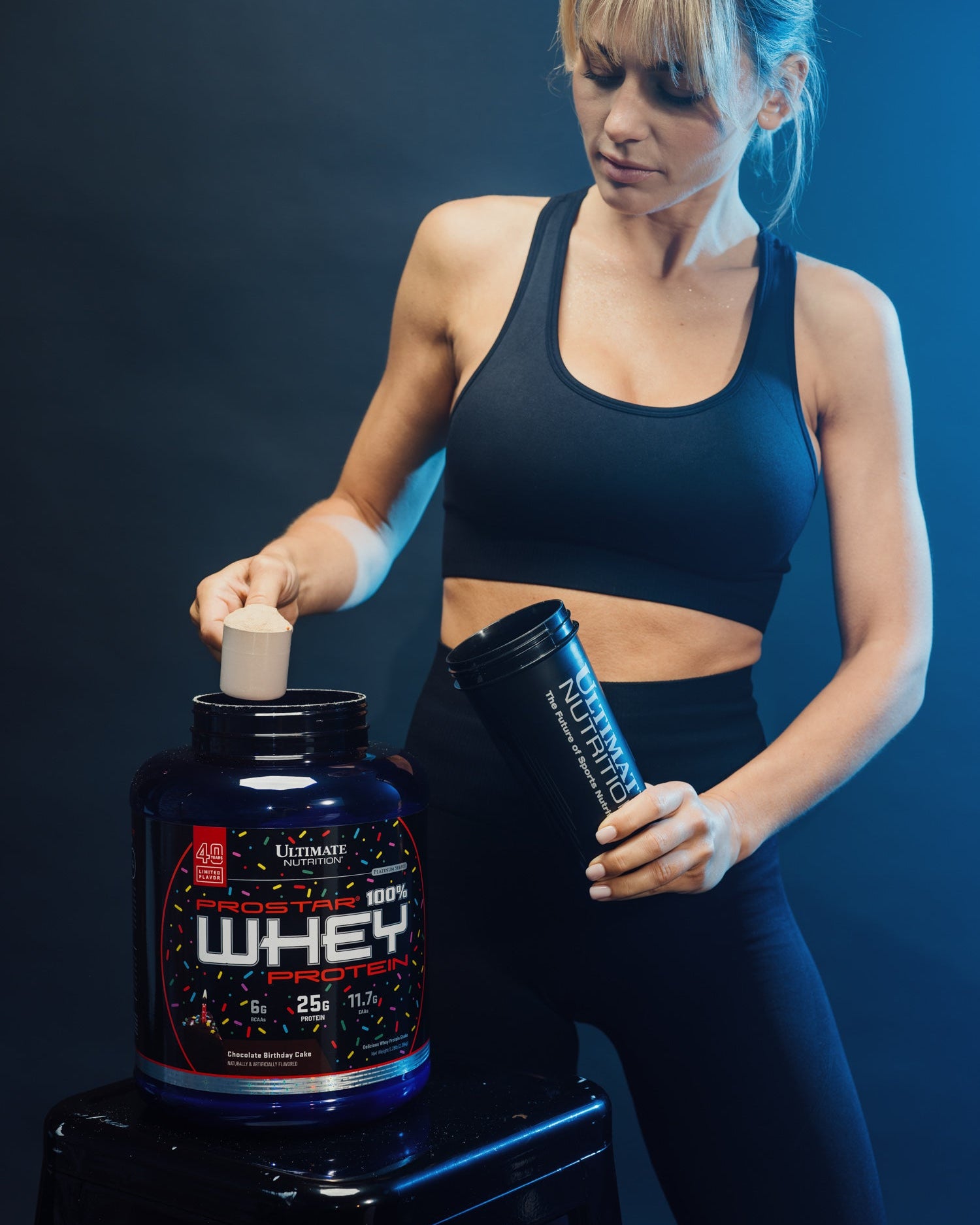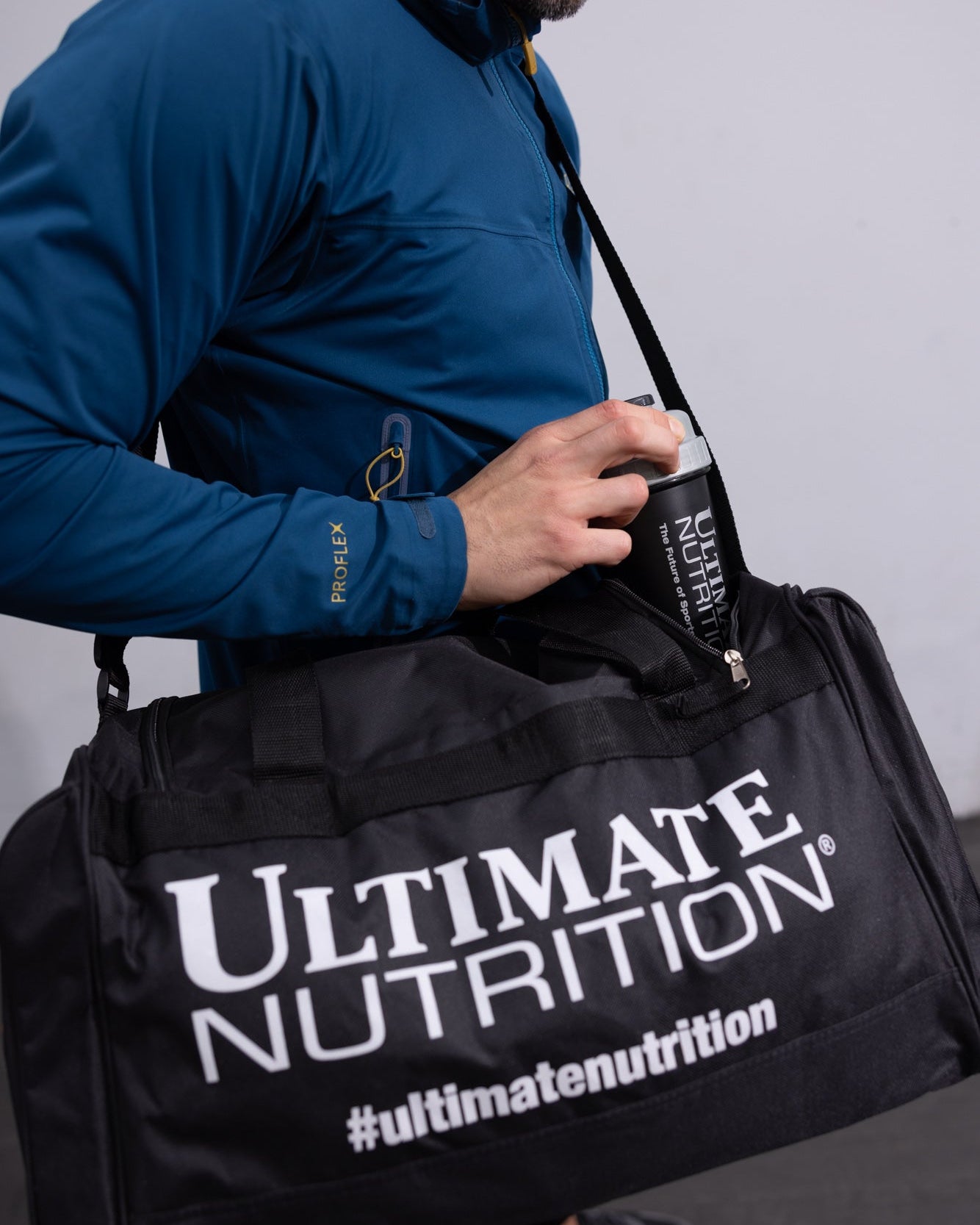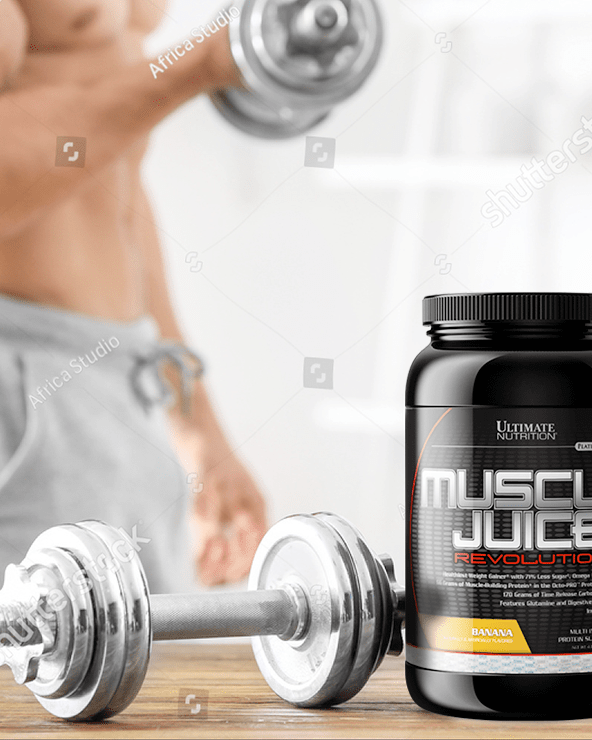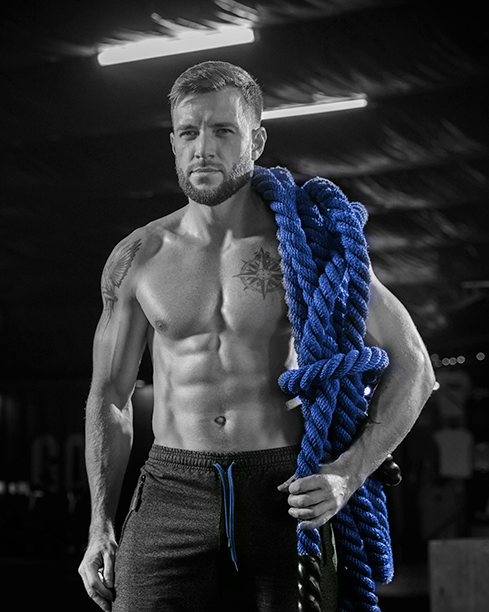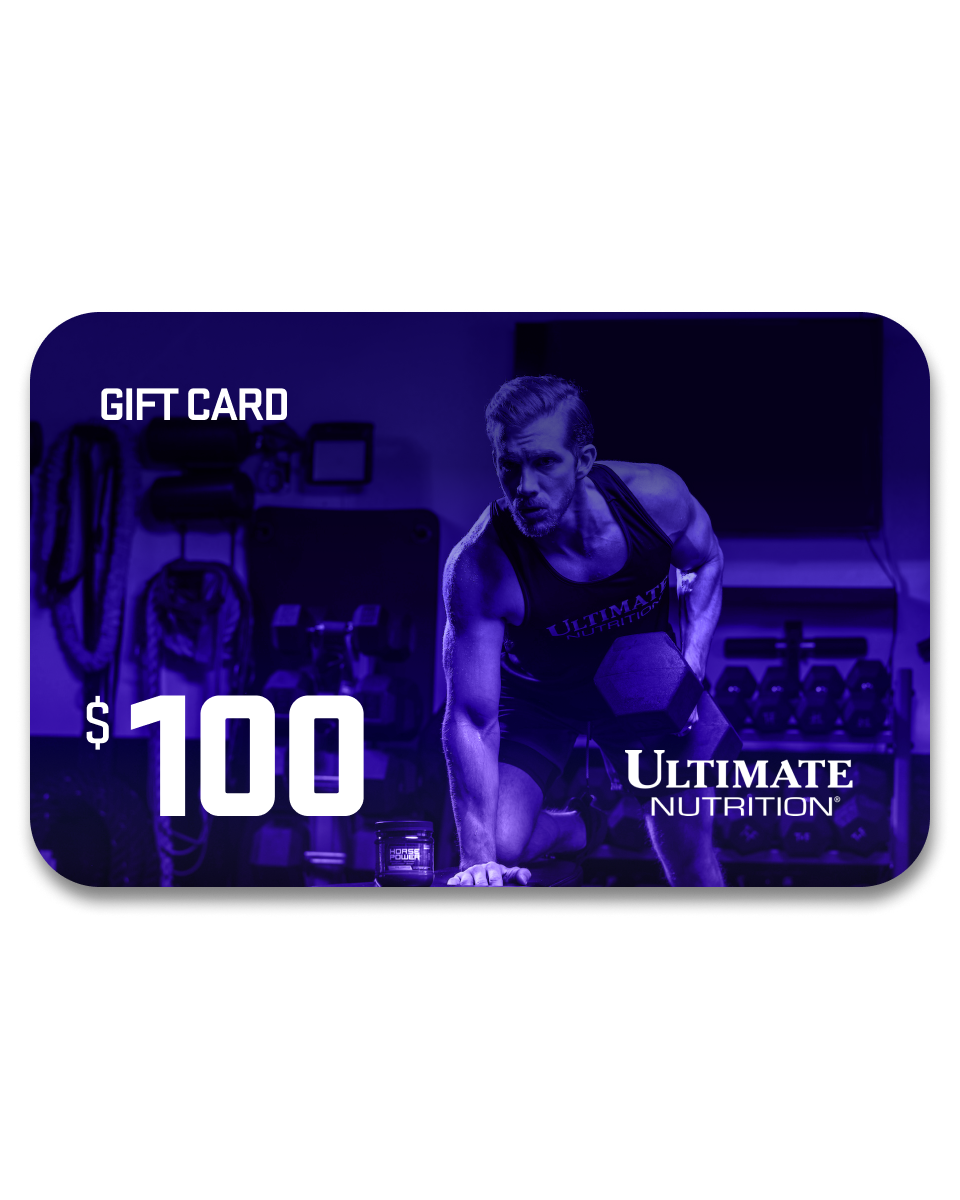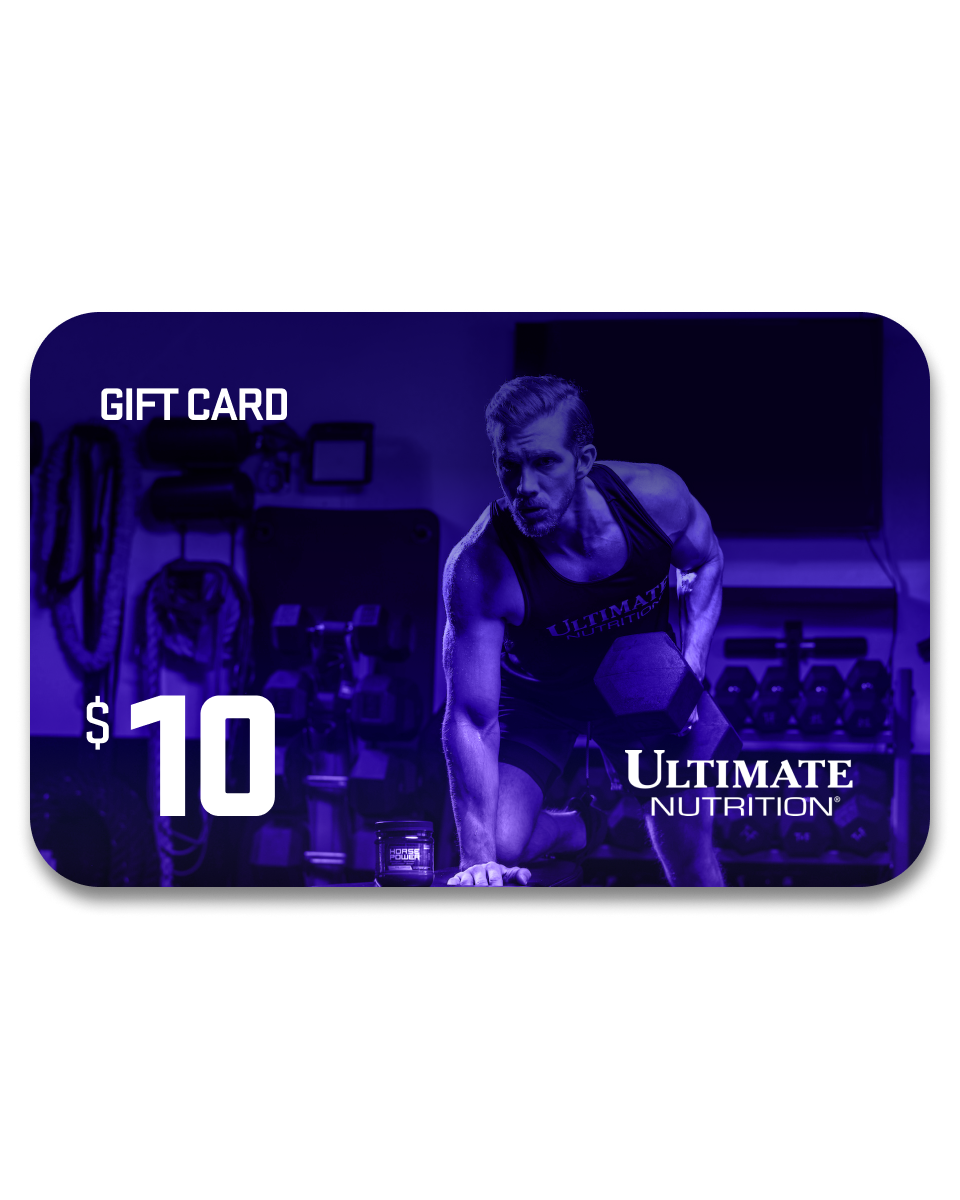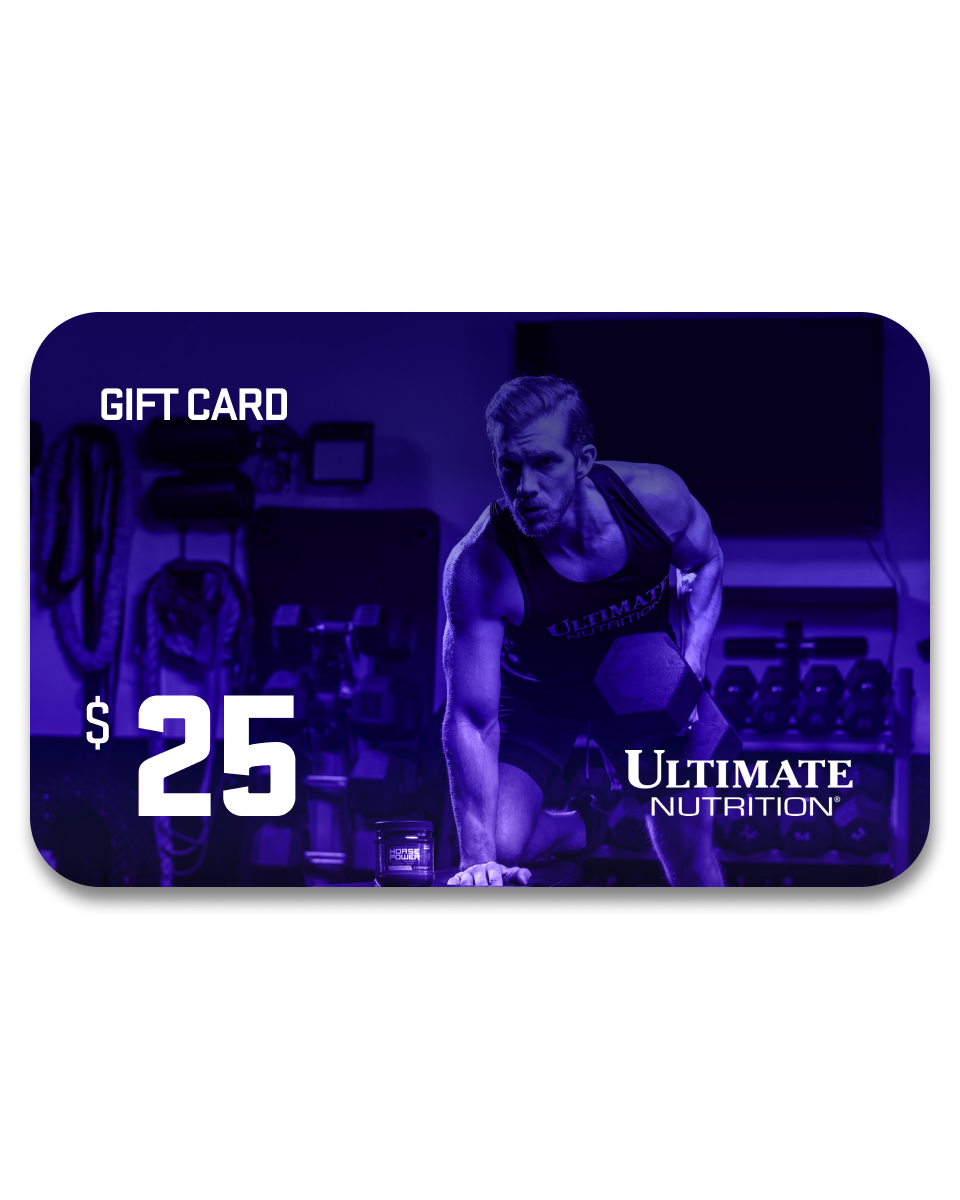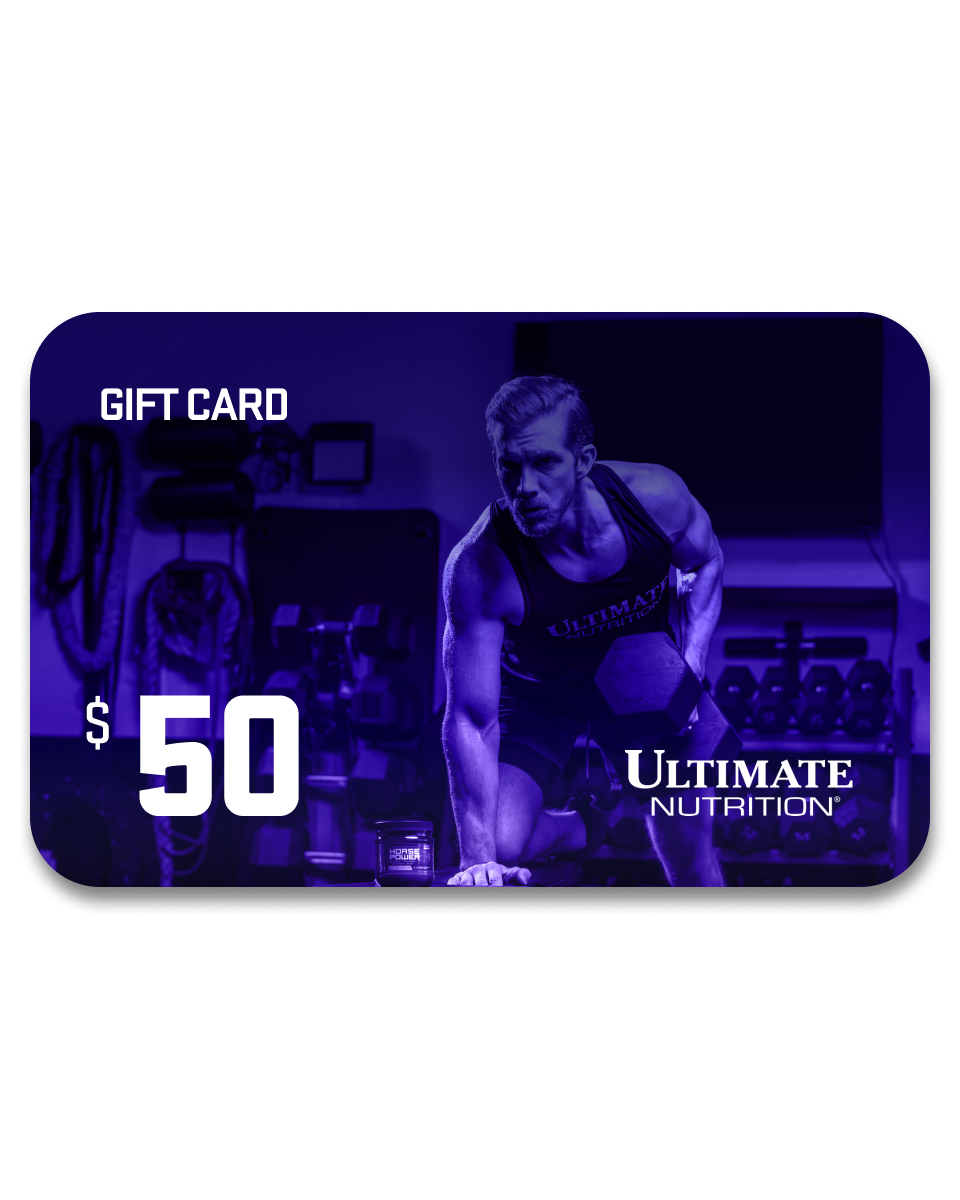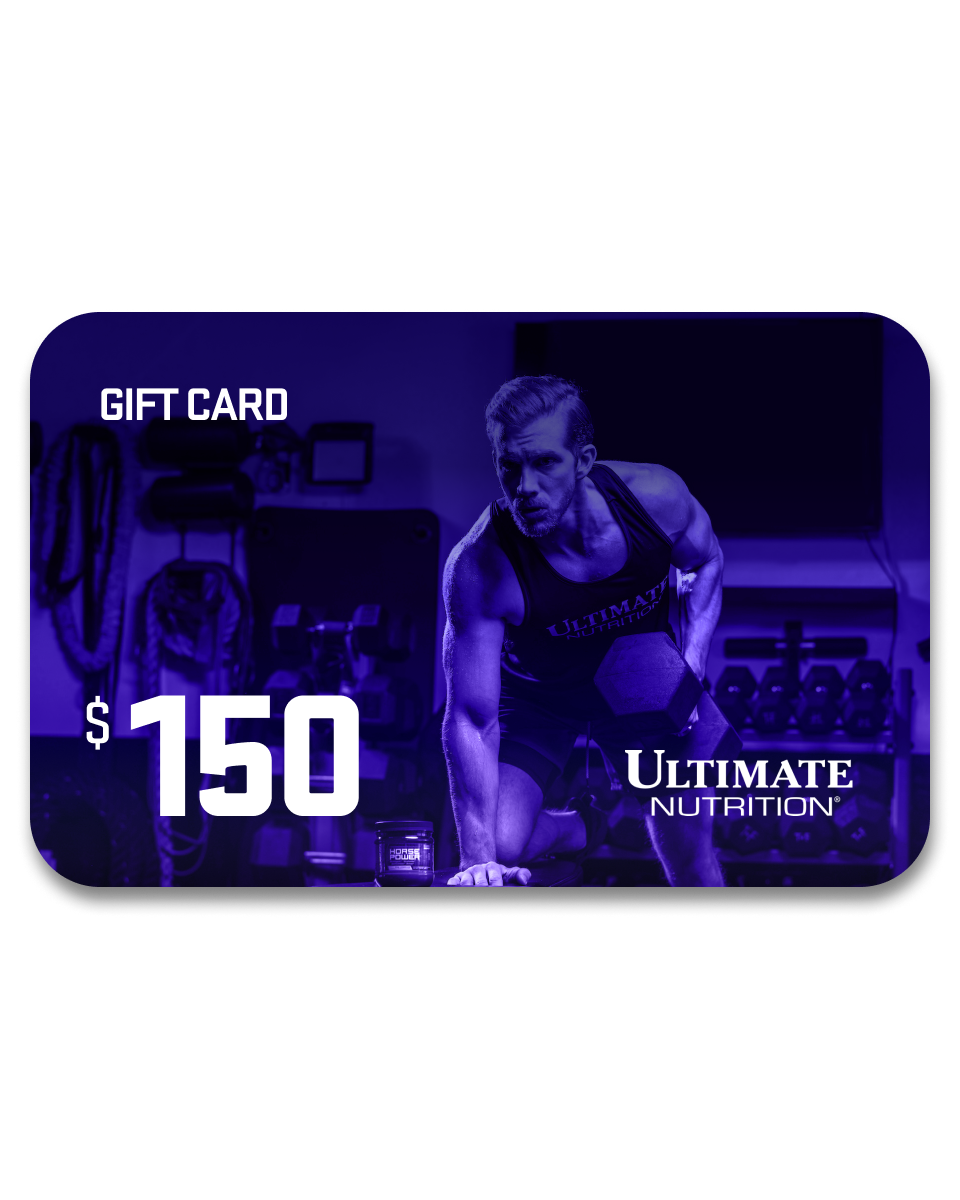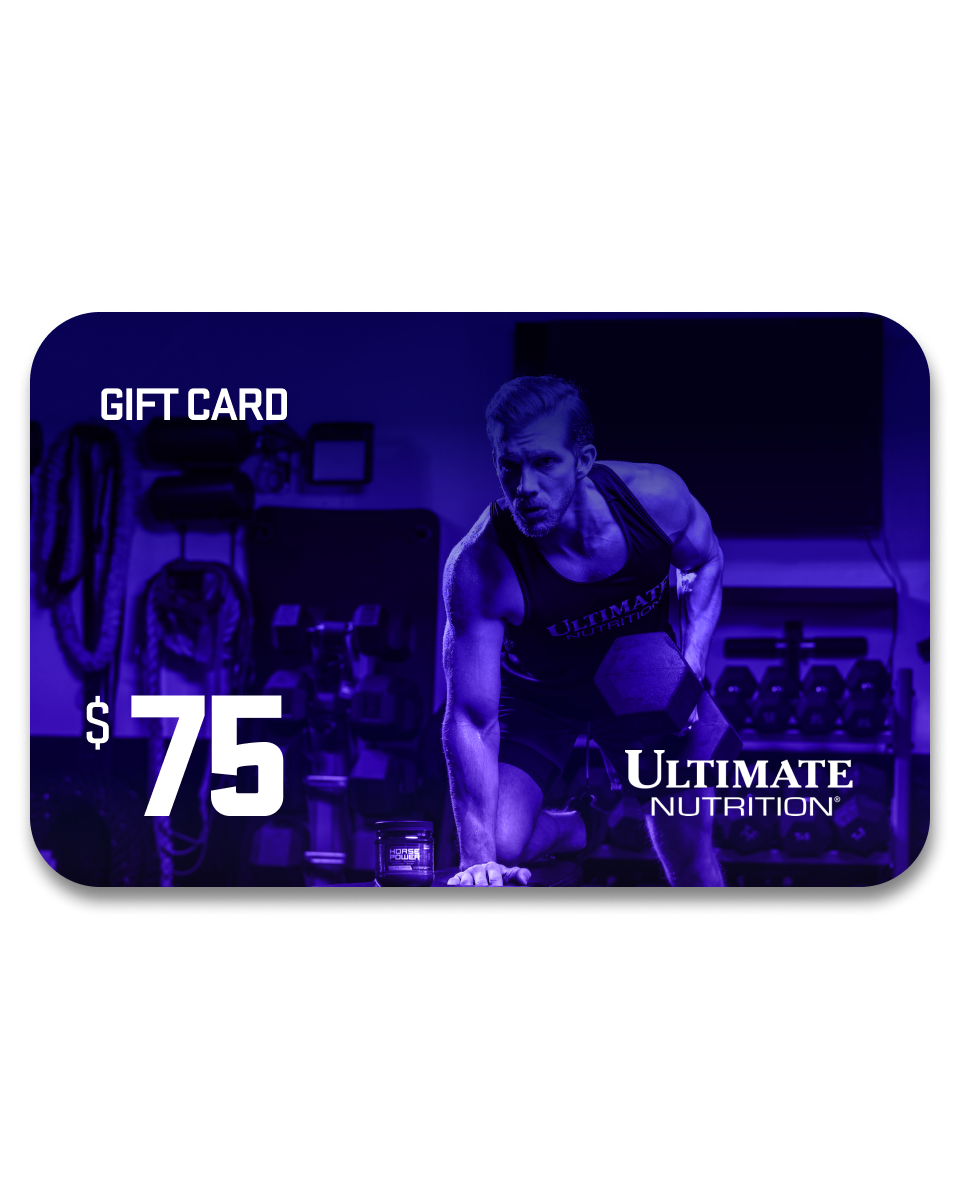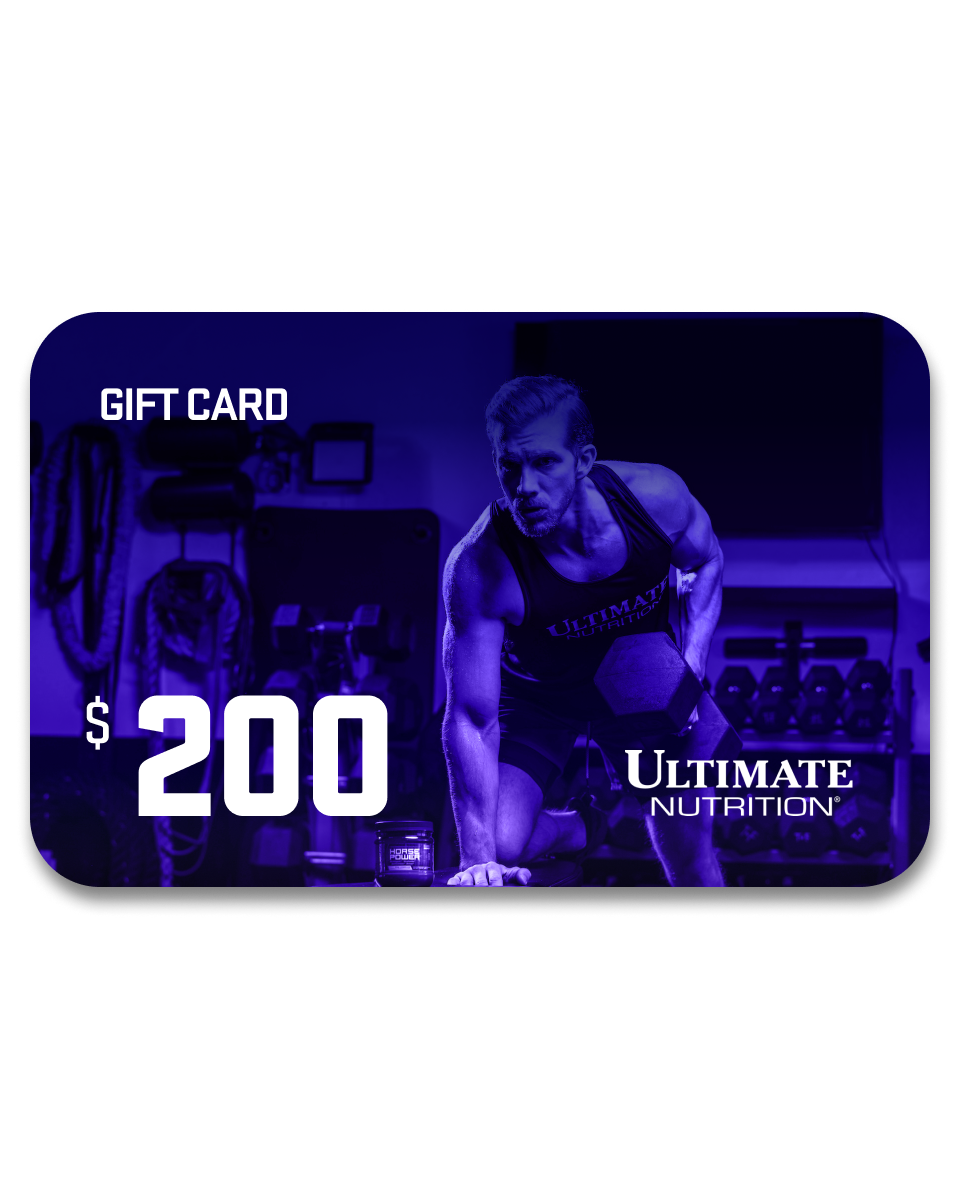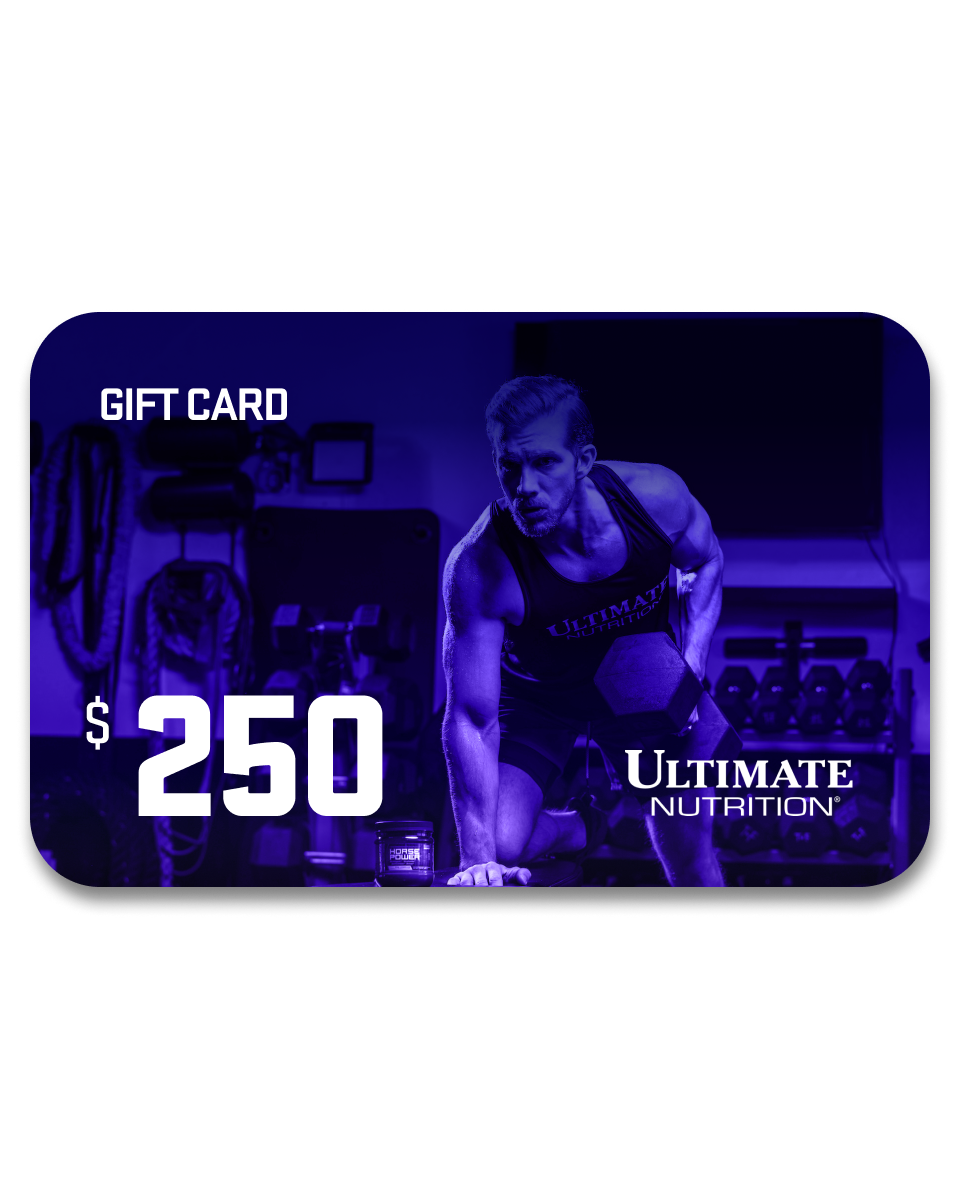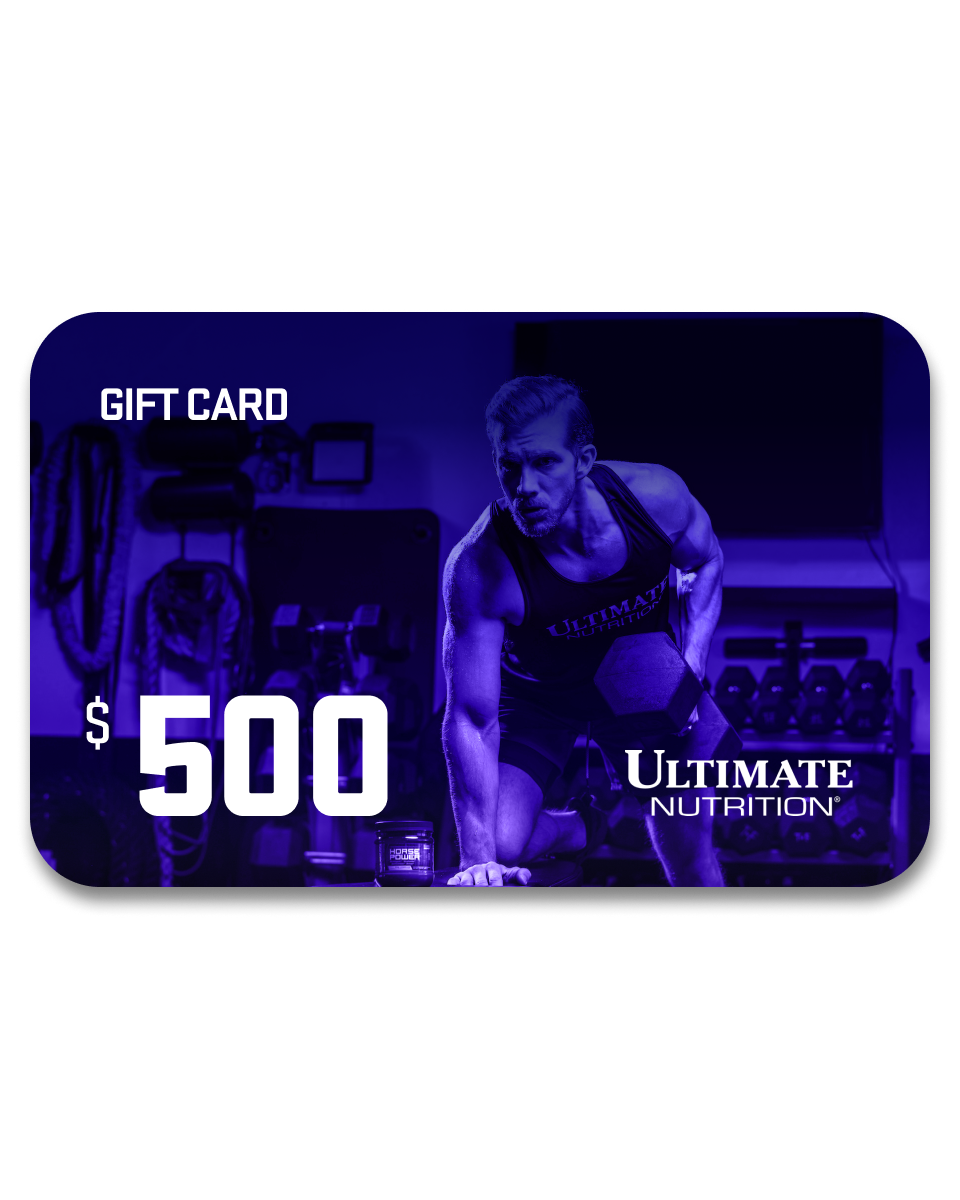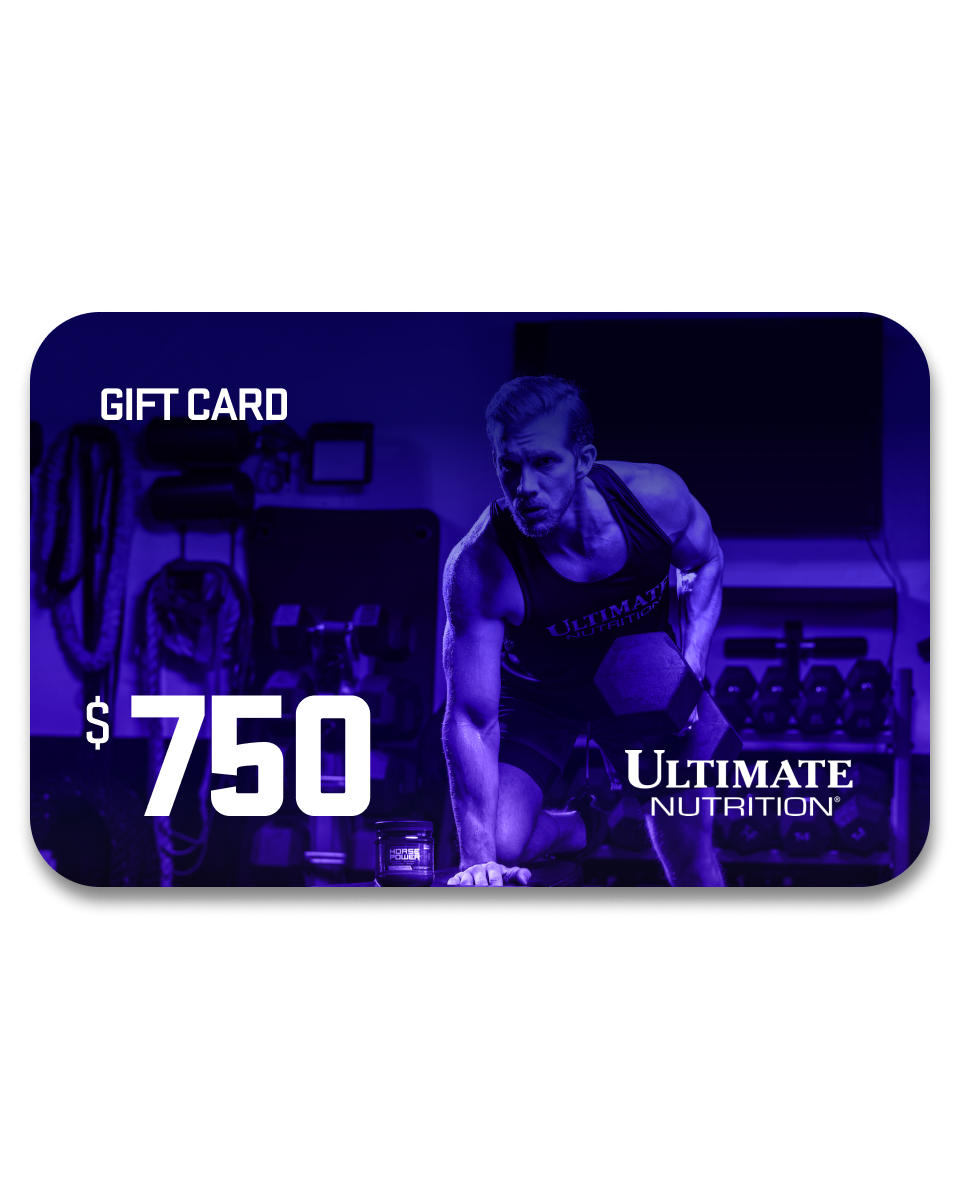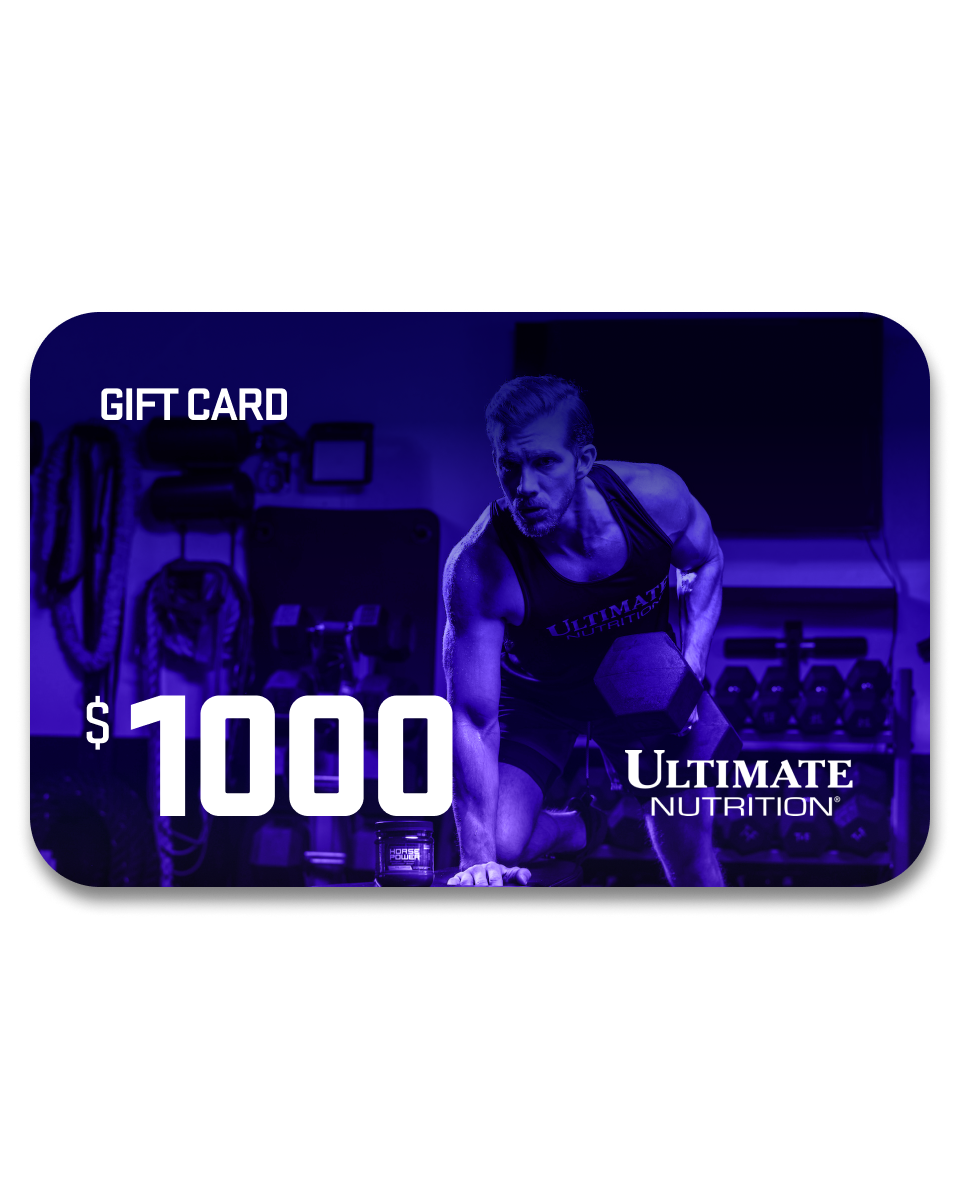How to Get Back into Working Out
Every fitness journey is unique, and there's no one-size-fits-all approach. Whether your break was intentional or not, your commitment to getting back on track matters.
This guide will give you the knowledge and strategies to do just that.

#1 Understand Your Current Fitness Level
Before you dust off those old running shoes or unroll that yoga mat, take a moment to reflect on your current fitness state.
Consider factors like stamina, flexibility, and strength. Consider fitness tests or seek advice from a professional trainer. Knowing where you currently stand helps set realistic goals and prevents potential injuries.
#2 Start Slow
The excitement of rekindling your fitness journey can be overwhelming, but it's essential to pace yourself. Instead of picking up where you left off, ease into exercises.
This gradual approach ensures your muscles and joints adapt, reducing the risk of strains or sprains.
#3 Incorporating Aerobic Activity and Strength Training
A holistic approach to fitness involves both cardiovascular and strength exercises. Start with low-impact aerobic activities such as walking, cycling, or swimming. These activities enhance heart health, boost stamina, and lay a solid foundation.
As you grow more comfortable, integrate strength training exercises. These could be bodyweight exercises like push-ups and squats or workouts using weights.
#4 Make a Routine
Consistency is the key to lasting fitness results. Create a weekly routine that combines various activities. This could involve aerobic exercises on certain days, strength training on others, and always ensuring you have rest days to allow your body to recover.
Having a set routine also helps mentally prepare for the workouts and brings a sense of discipline. To make it more engaging, incorporate activities you love—dancing, hiking, or even sports.
#5 Track Your Progress
Celebrate the small victories along the way. Maybe you jogged for an extra five minutes, lifted a heavier weight, or finally nailed that yoga pose.
Keep a journal or use fitness apps to monitor your progress. This not only keeps you motivated but also helps in adjusting your routine based on results.
#6 Listen to Your Body
While pushing boundaries is part of the process, it's equally crucial to tune into your body's signals.
If you feel pain (different from the usual workout soreness), it might be a sign to adjust your technique or take a break. Recovery is as important as the exercise itself.

Unpacking the Benefits of Being Physically Active
Recommitting to fitness is not just about aesthetics or strength; it's about holistic well-being:
-
Mental Health: Exercise releases endorphins, natural mood elevators that combat stress and depression.
-
Improved Sleep: Regular workouts can help regulate sleep patterns, ensuring you wake up refreshed.
-
Boosted Immunity: Staying active can fortify your immune system, making you less susceptible to illnesses.
-
Enhanced Metabolism: Exercise can boost your metabolism, aiding in weight management and overall energy levels.
-
Chronic Disease Prevention:
From reducing the risk of heart disease to managing blood sugar levels, consistent physical activity is a preventive measure against various chronic diseases.
-
Increased Longevity: Numerous studies highlight the link between regular exercise and increased life expectancy.
-
Enhanced Cognitive Function: Physical activity can stimulate brain regions involved in memory and cognition, potentially delaying the onset of diseases like Alzheimer's.
Protein Powders: A Booster for Those Returning to Fitness
Rekindling your relationship with fitness can come with its set of challenges. Among them is ensuring your body receives the proper nutrients to heal, grow, and sustain the increased physical activity.
If you're diving back into the world of workouts, here's why incorporating protein powders might be your secret weapon:
Kickstarting Muscle Repair
Having taken a break, your muscles might not be accustomed to the strain of workouts, leading to micro-tears.
Protein is crucial in mending these tears, and protein powders offer a concentrated dose to expedite this repair process, ensuring you're ready for your next session.
Seamless Integration into Busy Lives
Returning to a fitness routine often means juggling it with other responsibilities. Maintaining a balanced diet might fall by the wayside in the hustle and bustle.
Protein powders, due to their convenience, ensure you don't skip this essential nutrient, even on the busiest days.
Reducing Post-Workout Fatigue
The soreness and fatigue after restarting workouts can be more pronounced. Protein powders can aid in faster recovery, alleviating the severity of muscle soreness and ensuring you're energized for daily tasks.
Supporting Weight Management Goals
If your hiatus from fitness led to weight gain, protein powders could be beneficial.
Increased protein intake can enhance metabolism and curb appetite, supporting your weight management goals as you reintegrate exercise into your life.

Addressing Elevated Protein Requirements
Jumping back into rigorous workouts? Your protein requirements might be higher than before. Protein powders can help meet these increased needs without overloading calories.
Aiding Those with Dietary Restrictions
If your break from fitness was accompanied by a shift to vegetarianism or veganism, finding adequate protein sources might be challenging.
Protein powders, especially plant-based ones like pea or hemp, can ensure you're getting all the benefits.
A Complement to Revamped Dietary Habits
As you rediscover your fitness passion, you might also be re-evaluating your dietary choices. While whole foods remain paramount, protein powders can complement these choices, ensuring no gaps in your protein intake.
Get Back into Exercise with Ultimate Nutrition
Jumping back into a fitness routine can be both rewarding and challenging. Here at Ultimate Nutrition, we understand the intricacies of this journey.
We know that every workout session counts, and that's why our range of protein powders is designed to support your every move. Whether you're seeking all-natural proteins or the rapid absorption of whey post-workout, we've curated a selection just for you.
Our library of articles, backed by research and expert insights, is tailored to guide you, ensuring you're mentally and physically prepped for the road ahead.
As you lace up and embrace this renewed passion for fitness, know that Ultimate Nutrition is right beside you every step of the way.
The information provided in our articles is meant for informational and educational purposes exclusively and should not be considered as medical advice. It is essential to consult a healthcare professional before starting a new nutritional product and/or, making significant changes to your diet and/or starting a new exercise regime. These products are not intended to diagnose, treat, cure, and/or prevent disease.

